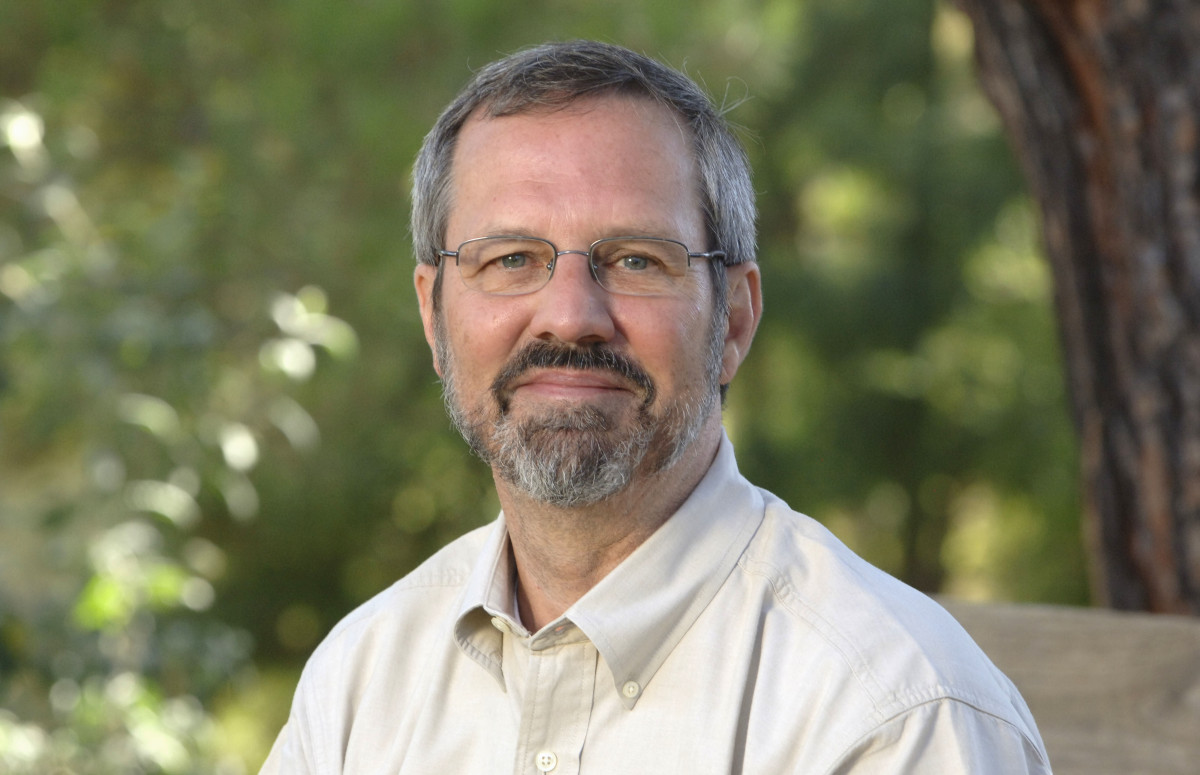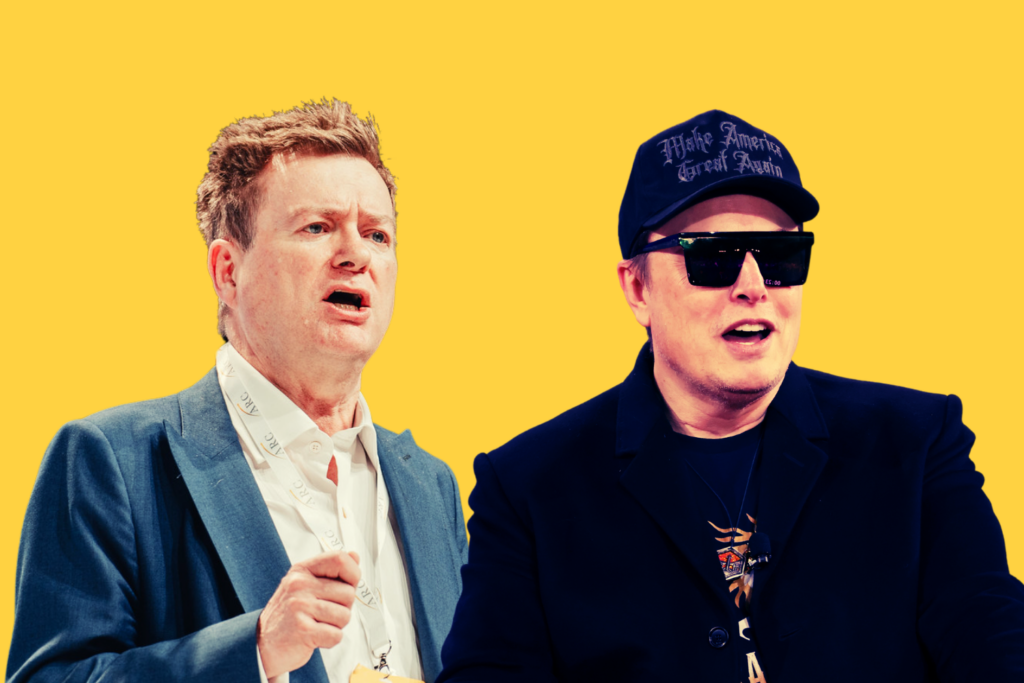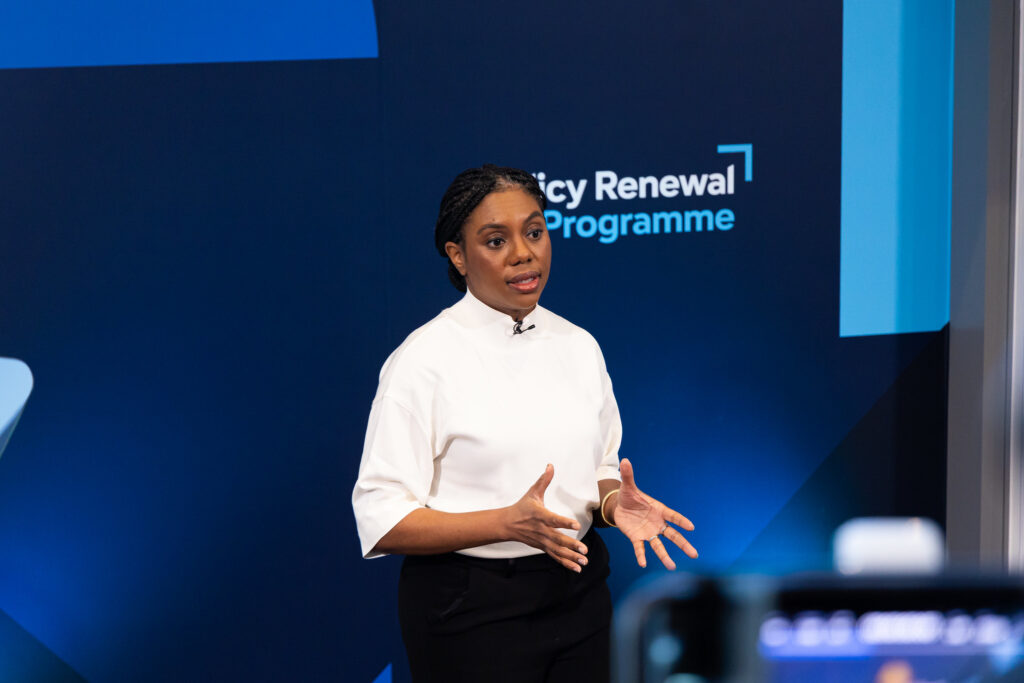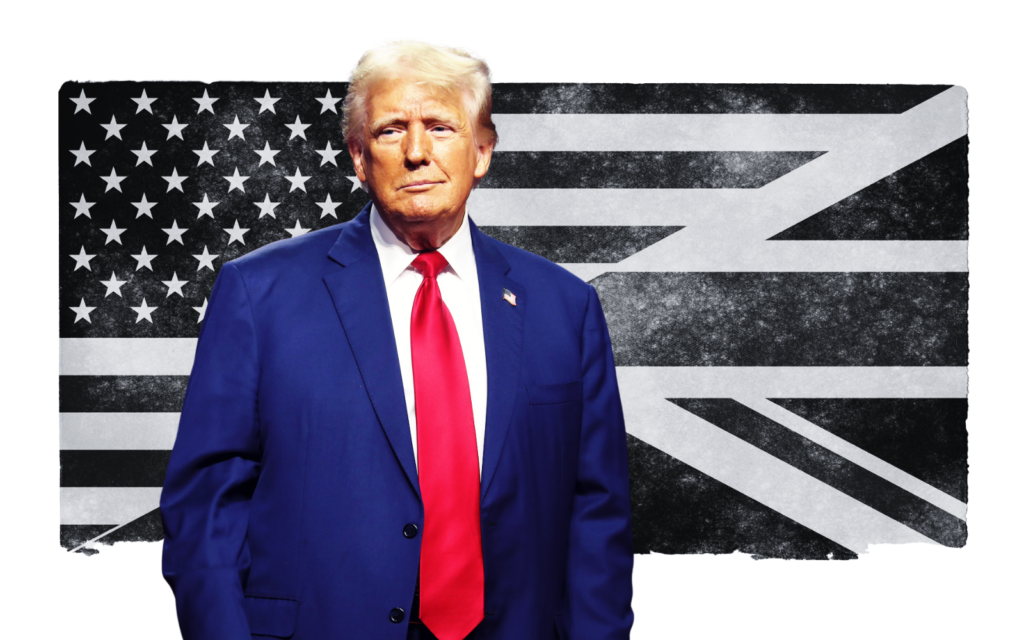“There was this incredible hullabaloo,” says Robert Brulle, recalling the moment that the Climategate scandal broke, 10 years ago today. He remembers thinking that it was all much ado about nothing: a coordinated PR campaign by climate deniers to discredit the science of global warming.
Brulle is a professor of sociology and environmental science at Drexel University in Pennsylvania, who has researched the environmentalism movement for more than two decades, and has focused in recent years on the funding of climate denial. In some sense, his prediction would be proven correct.
Several enquiries concluded that the scientists behind the tranche of leaked emails from the servers of the University of East Anglia’s Climatic Research Unit were innocent of any wrongdoing and, more importantly, that the science of climate change itself remained incontrovertible. It did seem to be a hullabaloo about nothing.
Like what you’re reading? Support our work!
Donate to DeSmog.com on Crowdrise and donate to DeSmog UK on Patreon.
Yet the emails themselves, presented without context on climate science denial blogs, appeared incriminating — enough so that they caused the greatest scandal in the history of climate science.
Prominent scientists, including Phil Jones, Michael Mann, and Kevin Trenberth, were accused of trickery and deceit in an attempt to draw false conclusions about global temperature rise. Aspersions were cast upon the objectivity of the United Nations Intergovernmental Panel on Climate Change. The peer review process for new climate science was presented as dirty and self-serving.
It couldn’t have come at a worse time. The UN was about to hold its landmark climate conference in Copenhagen, where many had hoped to see the emergence of new binding targets to reduce emissions. When Brulle looks at his data on public concern over climate change, he sees a precipice at the time of Climategate. People had actually cared about climate action: now, suddenly, they didn’t.
“It was off its peak from 2007 but it was still pretty high in 2009, and so we had all these aspirations for Copenhagen to do something meaningful about climate change,” Brulle says.
“This comes in and it was just a public relations disaster. It was just absolutely dreadful. My data clearly shows a massive drop in public concern and support for climate science after that. It just dropped precipitously.”
Rebuilding
There is no doubt, in other words, that Climategate hurt the cause of climate science deeply — including its personal impacts on those involved. “My health deteriorated. I found it difficult to sleep and eat. I was under intense, spiralling pressure and felt I was falling to pieces. Looking back, I suppose I was having some kind of a nervous breakdown,” recalls Phil Jones in the Guardian.
Since Climategate, there has been a massive effort to rebuild the image of climate science, says Brulle. This meant becoming more assertive about communicating the truth of climate science and exposing the spread of misinformation — Brulle notes the emergence of websites like Climate Nexus and Real Climate — but also better defending climate scientists from personal and ad hominem attacks. Brulle tells DeSmog:
“Climategate was a blow; it was unexpected. The climate science community didn’t have its defences up and it hurt action on climate change severely, but the chances of it repeating itself today are much less because of all these efforts.”
At the same time, climate science denial has become an increasingly peripheral position, he says, pointing to the fact that Exxon Mobil has literally been put on trial for its attempts to mislead investors on the risks of climate change. While the fact remains that the “denier-in-chief” sits in the White House, once-common talking points — that climate science is a conspiracy and that the scientists are in it for the money — are less used today in places like Congress, Brulle notes.
“They were always out trying to do ad hominem attacks on climate scientists. Rather than attack the message, they attacked the messenger, and Climategate gave them a beautiful opportunity to do that,” says Brulle. “I don’t think they changed their strategies, but I think they have less opportunity to exercise that strategy anymore. Maybe they had to change that strategy because that door got closed after Climategate. They have to attack the science, and it just doesn’t have the purchase it used to have anymore.”
To find the legacy of Climategate today, however, it’s worth looking towards the individual scientists who were involved at the time, says Brulle — those caught up in the middle of the fray and who emerged stronger from the other side.
“They are robust, strong, aggressive, better than before. Climate science has been through some real gut blows to the body, but they took them and they are back stronger than ever,” says Brulle. “That’s where we are. It’s not like the climate deniers have given up, but they have to go up against a new, revitalized, stronger climate science community because of Climategate.”
Main image: Robert Brulle. Credit: Drexel University
Subscribe to our newsletter
Stay up to date with DeSmog news and alerts







